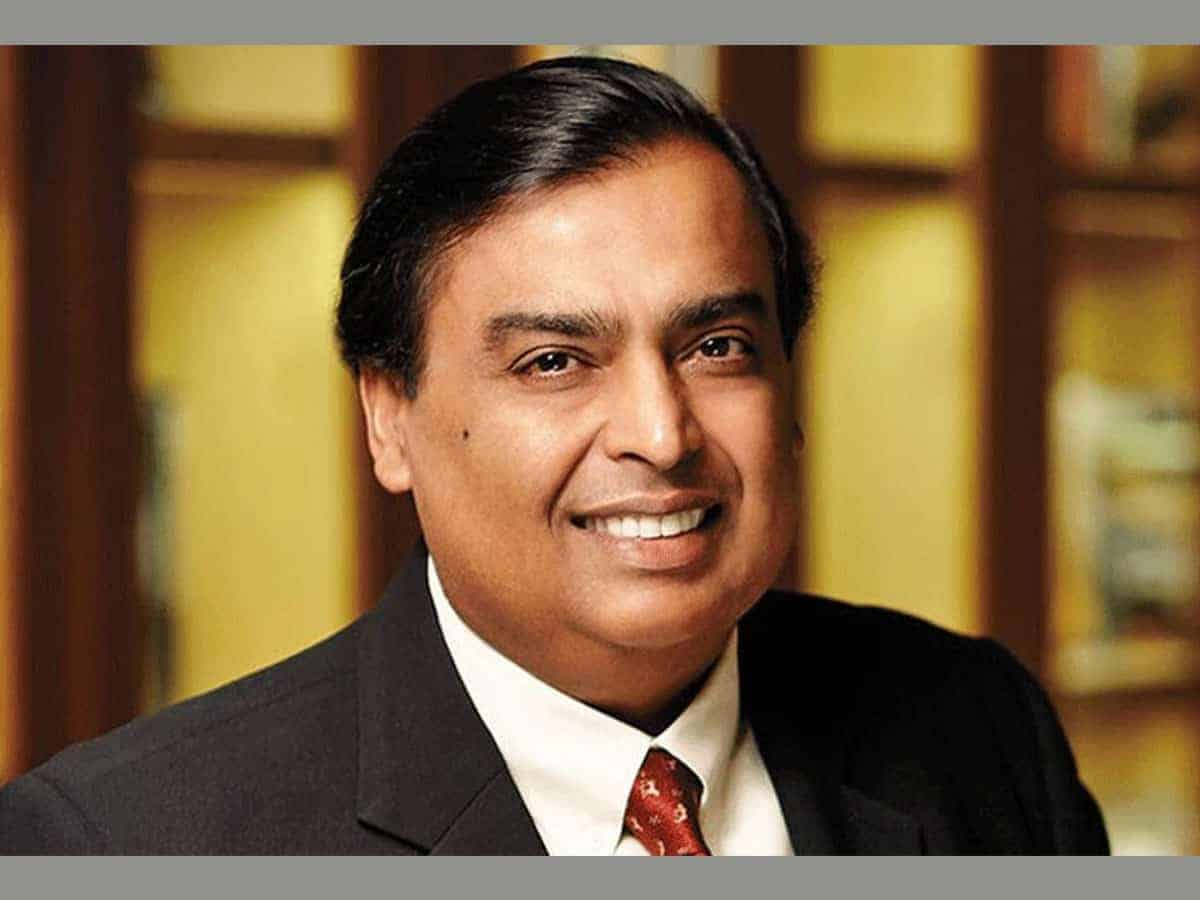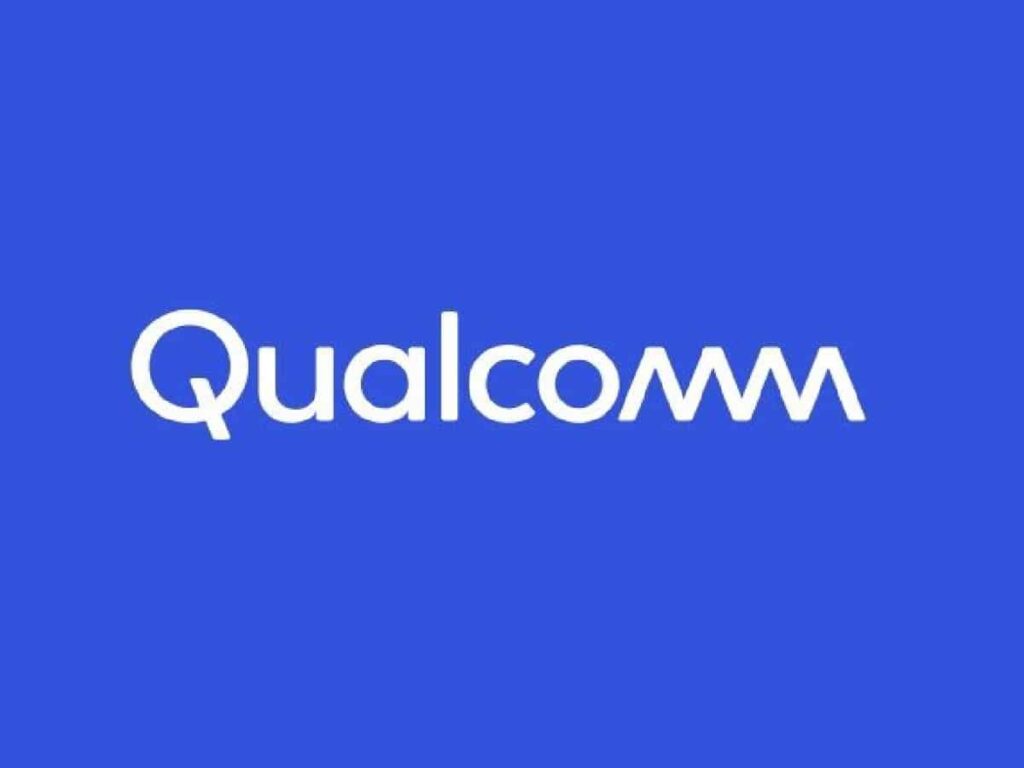Sruthi Vibhavari
As the pandemic continues to ravage the world economies and businesses, Mukesh Ambani’s Reliance Industries Ltd. has become the first Indian company to reach the $150 billion market valuation mark. Early this week, Mukesh became the world’s sixth richest person with a net worth of $72.4 billion, surging past tech titan Elon Musk and Alphabet co-owners Larry Page and Sergey Brin, according to the Bloomberg’s Billionaire’s Index.
RIL debt-free, thanks to investments
Mukesh also managed to make RIL a net-debt free company much before its target of achieving that very goal by March 2021. The flurry of investments has resulted in RIL’s valuation soaring even at a time when others are struggling to come out of the COVID-induced losses.
Shares of the conglomerate have more than doubled from a low in March as its digital unit Jio got billions in investments from companies including Facebook, Silver Lake and, most recently, Qualcomm. Jio Platforms received a whopping investment of about Rs. 1.15 lakh crores in 12 cheques from foreign companies. The companies now hold around 25 per cent of the Jio platform’s equity.
In RIL’s Annual General Meeting held virtually on Wednesday, July 15, Ambani announced that Google will invest $4.5 billion for a 7.7 per cent stake in Jio Platforms and that he was excited about Google’s partnership with Jio.
These investments were followed by over 84,000 crores raised by RIL through a rights issue in the month of June. It garnered huge investor interest and was over-subscribed 1.59 times. In a statement, Mukesh Ambani thanked thousands of the company’s small investors and institutional investors for participating in the rights issue and ‘making it a new and proud landmark in the history of India’s capital market.’
He operates on a 3S strategy – size, scale and speed. This explains his ease with securing astonishing amounts of funding for Jio via disinvestment and rights issue, which enabled RIL to emerge as a debt-free enterprise.
Saudi Aramco’s deal fails to seal
However, there is one blot on his otherwise extraordinary year of investments.
The mega-deal with Saudi Arabia’s Aramco — for a 20 per cent stake in RIL’s oil-to chemicals venture — was announced at last year’s AGM. Though Ambani did not announce that the deal fell through, this delay in the $15 billion deal led to the dampening of optimism that prevailed. After news of the deal’s spread, the stocks of RIL tumbled on the Bombay Stock Exchange yesterday — 3.71 per cent lower than the previous day’s close.




